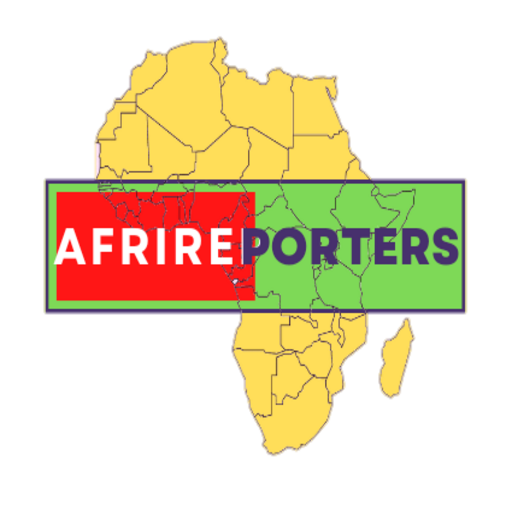
Artificial Intelligence: A Partner, Not a Threat
B
By Adebola Karamah Shogbuyi, PhD.
Five years ago, conducting meaningful research often required burying one’s head in books at the library for long hours. Laptops alone were not enough, you needed shelves of physical texts and plenty of time. Today, that has changed dramatically. As long as there is internet access, researchers can carry entire libraries with them on a single device. Information is no longer a scarce resource but one available at our fingertips.
The same can be said of photography. Not long ago, only professional photographers or individuals who could afford expensive cameras had access to high-quality photos. With the arrival of AI tools, that barrier has almost disappeared. Today, even a child can take a photo and enhance it within minutes using AI-powered editing apps. Beyond photography, AI allows us to generate stunning images simply by typing a short description. Images that would have required hours of design work now appear in the blink of an eye.
The benefits of AI are immense. It is no longer useful to be nostalgic about a world without AI, as noted by Abel Ochika, an academic, after a webinar titled, "Human and Artificial Intelligence: A collaborative practice", organised by the British Council. AI is here, it is evolving, and it is becoming part of daily life. Instead of resisting it or focusing solely on the potential harm, many educators have begun to explore how to use AI ethically and effectively, especially in education.
It is undeniable that students use AI, teachers use it, lecturers and researchers do too. So, rather than shy away from it, we must figure out how to use it better and more responsibly. In the field of English Language Teaching, this has prompted conversations about how AI tools can be integrated into the curriculum in ways that preserve academic integrity and improve learning outcomes.
One suggestion is for institutions and educators to agree on an acceptable percentage of AI-generated content in students' or research work. Along with this, students should be taught how to properly cite their use of AI, just as they would any other source. Educational integrity must be upheld, and access to AI tools should be made equitable, ensuring that no student is left behind because of limited resources.
More importantly, language educators can begin to see AI not as a replacement, but as a partner in teaching. We can leverage its capabilities to teach students to be better users of language. This means incorporating AI literacy into the curriculum by helping students understand how these tools work, how to write effective prompts, and how to detect bias or misinformation in AI-generated content.
Artificial Intelligence can also support writing lessons. Students can ask AI to review their essays, suggest improvements in coherence, vocabulary, fluency, and even structure. In speaking classes, students can simulate conversations with chatbots, giving students more opportunities to practice speaking English in realistic contexts. Classroom use of AI-generated content can lead to discussions where teachers and students reflect on outputs, verify facts, debate ideas, and critique the results. These exercises help students sharpen both their language and critical thinking skills.
The relationship between humans and AI is not one of competition, but collaboration. Each enhances the other. As highlighted in the webinar earlier mentioned in this write up and led by Daniel Xerri, thriving in an AI-powered world requires four core skills: analytical thinking, creativity, inquisitiveness, and evidence-based reasoning. These are skills no machine can replace, and they are exactly what teachers must foster in their students.
In conclusion, AI is no longer a futuristic concept, it is our present reality. As educators, our role is to guide learners on how to use it wisely, ethically, and effectively. By embracing AI as a teaching partner, we prepare our students to thrive in a world where human intelligence and artificial intelligence go hand in hand.
Dr Adebola Karamah Shogbuyi is an Applied Linguist and a Teacher Educator.



















